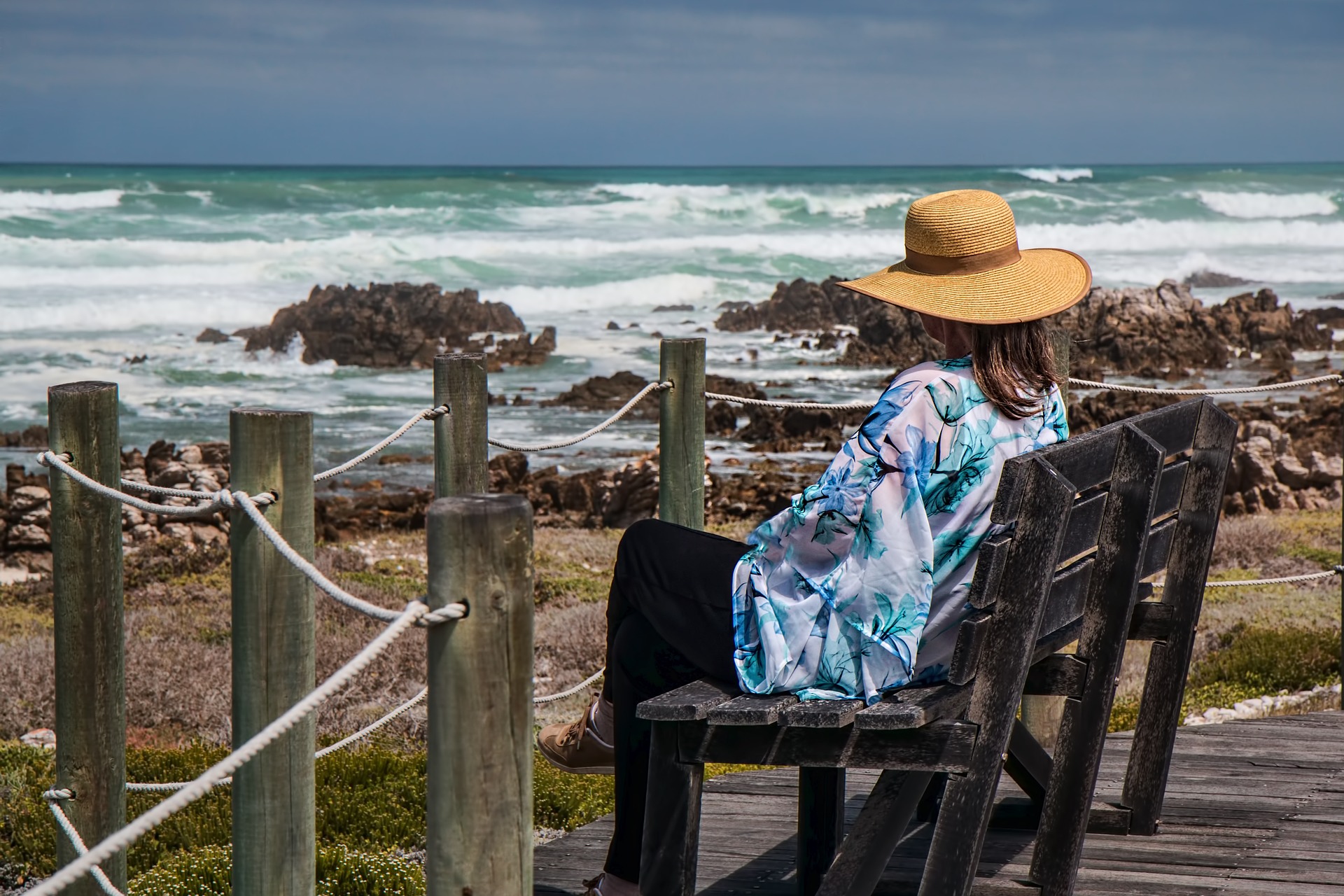
13 Jul The pension exclusion for singles
Photo: pixabay.comQ. Will a single person who has a pension above the $75,000 cutoff lose the entire pension exclusion?
— Retired soon
A. You’re confusing the numbers a bit.
New Jersey’s pension exclusion allows seniors who are 62 or older to exclude all or part of their pension income, plus other income, from their state income tax return.
The amount you can exclude is going up between 2017 and 2020 as long as your gross income is not more than $100,000, said Bernie Kiely, a certified financial planner and certified public accountant with Kiely Capital Management in Morristown.
“If your income is one dollar more than $100,000, you get zero pension exclusion,” he said. “It is not phased out – it is simply gone.”
When calculating your New Jersey gross income, be sure to exclude Social Security income because New Jersey doesn’t tax it, Kiely said. There isn’t even a line on the New Jersey tax form for Social Security.
The following is the New Jersey Pension Exclusion from 2016 until 2020:
Year 2016 2017 2018 2019 2020
Joint $20,000 $40,000 $60,000 $80,000 $100,000
Single $15,000 $30,000 $45,000 $60,000 $75,000
MFS $10,000 $20,000 $30,000 $40,000 $50,000
So if you are a single personn 2020, you are age 62 and your income is not over $100,000, you qualify for a $75,000 pension exclusion.
What happens if you only have $15,000 in pension or IRA income? What happens to the balance of the $75,000 exclusion?
“New Jersey actually has two exclusions; the `pension exclusion’ and the `other retirement income exclusion,’” Kiely said. “So the pension exclusion offsets your $15,000 pension income and then you can exclude up to $60,000 of other income.”
Email your questions to .

